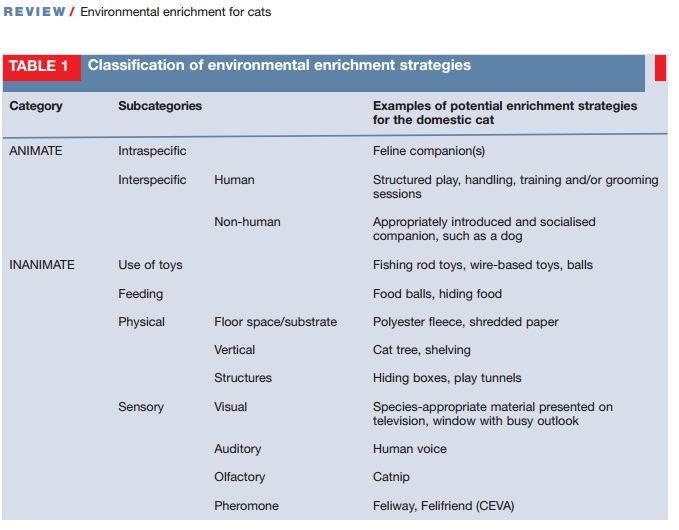I couldn't find any research to support the notion that cats benefit from watching TV. I couldn't find any to contradict it either.
I did find that the Journal of Feline Medicine and Surgery published AAFP and ISFM Feline Environmental Needs Guidelines
Sarah L H Ellis et al.
DOI: 10.1177/1098612X13477537
Which seems a reasonably comprehensive guide to what a domesticated cat needs but which doesn't mention the provision of TV based audiovisual stimulation.
The US National Institute for Health (NIH) published an article on Environmental Enrichment for Indoor Cats
which says
Recommendations to cat owners to house their cats indoors confer the responsibility to provide conditions that ensure good health and welfare. Cats maintain their natural behaviors, such as scratching, chewing, and elimination, while living indoors, and they may develop health and behavior problems when deprived of appropriate environmental outlets for these behaviors. This article divides the environment into five basic “systems” to enable identification of features that may benefit from improvement. It also addresses practical means of meeting cats’ needs in each of these systems.
Cats appear quite capable of living indoors, occasionally even in high population densities,1 especially when food resources are abundant.2 However, cats are captives in these environments, akin to zoo animals, and as with zoo animals, cats’ health and welfare may be affected by their surroundings.3 Cats also retain their natural investigatory and communication behaviors (e.g., scratching, chewing, elimination) when they live indoors. Because of this, they sometimes display undesirable behaviors when deprived of appropriate outlets for their expression
It doesn't mention TV. The reference to zoo animals is probably about confined animals becoming psychologically disturbed
An article in Journal of Feline Medicine and Surgery (2009) 11, 901–912: ENVIRONMENTAL ENRICHMENT
Practical strategies for
improving feline welfare includes this table

but cautions
While cats
were found to watch the television, it is difficult
to conclude that this behaviour improved
the welfare of the individuals.
A note of caution is warranted regarding situations
where an animal cannot reach and/or
interact with the source of stimulation (eg,
items shown on a television screen or viewed
out of a window), as such interventions may
potentially induce frustration and related
behaviours in some animals.
Tentative conclusion:
In terms of feline welfare, TV is no substitute for environmental support for a wider range of more normal cat activity.

